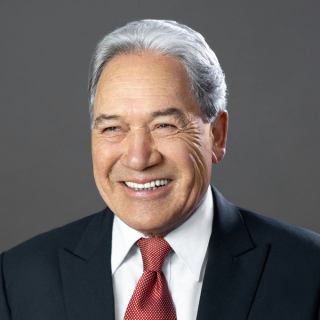
Practical information
Registration for this event is now closed.
Find out more about our donor programsAs part of the Ifri Energy Breakfast Roundtable, a seminar with John Brodman, former Deputy Assistant Secretary at the US Department of Energy. Chairman : Jacque Lesourne, Chairman of the Scientific Committee of the Ifri Energy Program. Moderator : William C. Ramsay, Senior Fellow and Director of the Ifri Energy Program.
American public opinion may have been shifting in recognition of nuclear as part of the answer to climate change. But is public policy leading following public opinion ? The future of the US nuclear industry will depend on decisions made by the Obama administration, in which multiple issues - political, legal and technological - remain unsettled. Financial and regulatroy stability are essential for the industry to proceed with investments with a 30-year or longer time-horizon. The nomination of Steven Chu, known to be favorable to nuclear power, was a positive signal sent to the industry, however at the same time, the President's economic stimulus package did not provide any funding to nuclear development. Furthermore, funding was deeply cut for the nuclear waste repository project at Yucca Mountain. These signals are mixed and it is difficult for the external observer to analyze the true potential for the US nuclear industry to launch into a wave of new construction.
Download the related publication "Toward a US Nuclear Renaissance"
For Further Information, please contact Martine Breux - [email protected]
Speakers
Other events

Navigating War, Reforms, and Secure Future: Ukraine’s EU and NATO Accession Path
Exclusive conve

Lunch debate with Winston Peters, Deputy Prime Minister and Minister of Foreign Affairs of New Zealand
Discussion co-chaired by Thierry de Montbrial, Executive Chairman of Ifri, member of the Academy of Moral and Political Sciences, and Marc Hecker, Deputy Director of Ifri (in English without translation).

Shaping Europe’s Technological Sovereignty
In the wake of Donald Trump's re-election in the United States, Europeans face a crucial imperative: rethinking their sovereigny, especially in the technological realm. What will be the strategic priorities and action levers of the new European Commission on this issue? What assessment can we make of the previous Commission’s achievements and challenges in navigating Sino-American technological competition, transatlantic dependencies, and emerging global partnerships?










